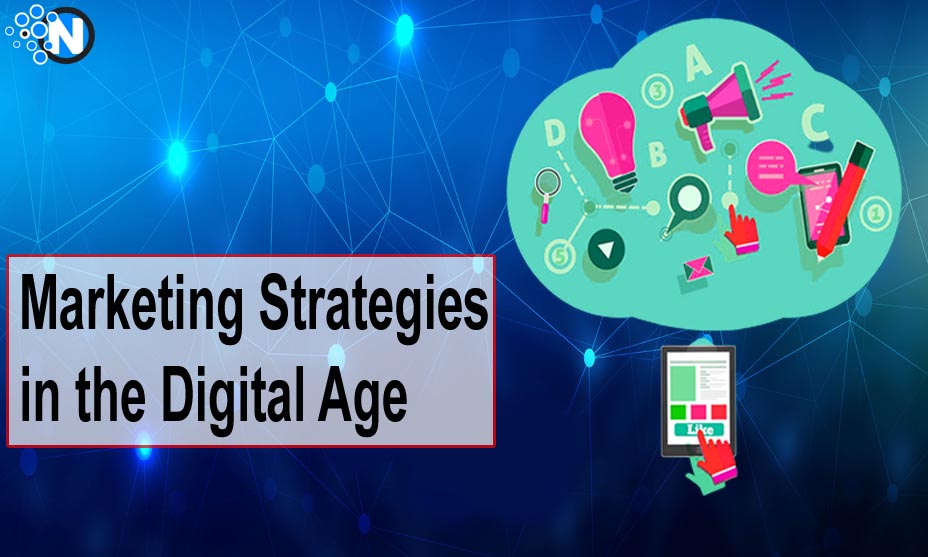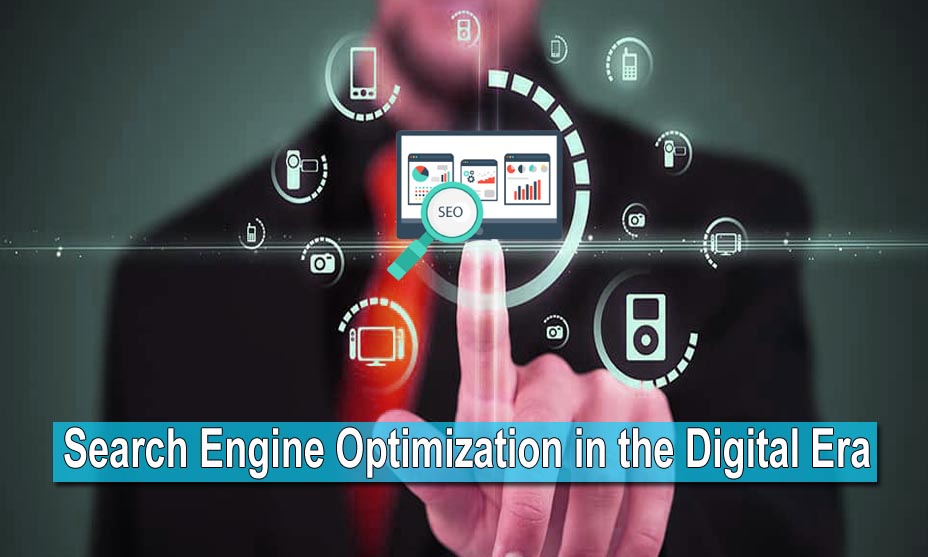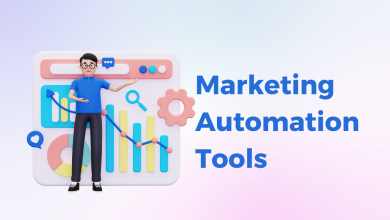Innovative Marketing Strategies in the Digital Age

It is a common belief in the modern era that international trade has advanced greatly. Accelerated by technological progress, the digitization of business has altered company-customer interactions. The new approach to advertising is an integral aspect of this metamorphosis. The importance of creative marketing approaches that can capture the attention of today’s tech-savvy consumers is greater than ever. This article will discuss the briefly about innovative marketing strategies in the digital age.
The Centrality of Technology in Modern Marketing
When it comes down to it, the value of technology in 21st-century marketing cannot be emphasized. It has changed the marketing landscape by allowing businesses to reach a larger audience. It builds better connections with customers and improves product recognition. Many businesses have tapped into this wellspring of enormous success.
Companies like Nike and Starbucks, for instance, have jumped on the bandwagon of using social media and digital platforms to connect with customers and provide them with tailored services. These companies have raised the standard for digital marketing with their innovative apps and captivating web campaigns.
Innovative Digital Platforms as Marketing Engines
On the subject of leveraging digital platforms for innovative marketing, an interesting example is the 32Red online roulette UK. The online gaming platform makes effective use of various digital marketing strategies. Their success is hinged on their adept usage of various marketing tools to engage users and promote their brand.
They leverage data analytics to gain insights into customer behavior and preferences, which informs the development of personalized content and promotions. Through the strategic use of social media, graphic design, affiliate marketing, and partnership campaigns, they continue to achieve an impressive online presence.
The Horizon of Digital Marketing: What’s Next?
Looking ahead, the future of digital marketing promises exciting developments. AI-powered client engagements are now a distinct possibility with the advancement of Machine Learning and Artifical Inteligence. Companies will soon be able to give previously inconceivable levels of individualized service to clients because of the rapid growth of AI.
The value of data-driven personalization is also rising rapidly and should not be underestimated. Companies will keep using data to provide customers with relevant, personalized experiences. By doing so, companies can boost customer retention, interest in their brand, and sales.
The Shift in Marketing Strategies
Social Media Marketing
The rise of social media has revolutionized the way companies interact with their clients. Social media sites like Facebook, Instagram, Twitter, and LinkedIn make it possible to show off your wares to interact directly with consumers.
Power of Content Marketing
In today’s competitive corporate environment, content marketing tactics are essential. Companies may establish themselves as thought leaders and boost organic website traffic by publishing content that addresses the interests of their target demographic. Blog posts, videos, and infographics are just a few examples of the many different types of content. They have been found to be effective at drawing in and keeping customers.
Influencer Marketing:
Influencer marketing involves collaborating with popular social media personalities or industry experts to promote products or services. By partnering with influencers, businesses can tap into their established audiences and gain credibility and trust.
Personalization and Customer Experience
Personalization Data Analytics: Data analytics is crucial in understanding customer behavior and preferences. Businesses can create personalized marketing campaigns tailored to individual customers’ preferences by analyzing data from various touchpoints.
Chatbots and AI Technology: The use of chatbots and other forms of AI in marketing and customer support is on the rise. Chatbots can offer instant support and personalized recommendations, enhancing the customer experience.
Interactive and Immersive Marketing
Augmented Reality (AR) and Virtual Reality (VR): AR and VR technologies have revolutionized the way customers engage with brands. Companies now leverage these technologies to provide experiences enabling customers to experience products before making a purchase.
Gamification in Marketing: Gamification involves incorporating game elements into marketing campaigns to increase engagement and create a sense of fun. Contests, challenges, and rewards are common gamification strategies.
Search Engine Optimization (SEO) in the Digital Era

SEO in Modern Marketing: SEO is still essential for any online advertising campaign. A company’s brand awareness and the number of its organic visitors can both rise if its website is optimized for search engines.
On-Page and Off-Page SEO Techniques: While off-page SEO works to increase authority and traffic, on-page SEO concentrates on tweaking each page of a website individually. Both are necessary if you want your website to rise in the search engine rankings.
Mobile Marketing Strategies
First-Mobile Strategy: Given the use of smartphones, it is crucial for companies to prioritize making their websites mobile-friendly during the development process.
Mobile Apps and Push Notifications: Businesses have the opportunity to engage effectively with their customers by leveraging applications and push notifications to deliver personalized communications and promotions.
Video Marketing and Live Streaming
The Rise of Video Content: Video has become one of the most engaging forms of content. Businesses are utilizing video marketing to tell compelling stories and showcase their products or services.
Live Streaming as a Marketing Tool: Live streaming allows businesses to interact with their audience in real time, fostering authentic connections and building trust.
Voice Search and Voice-Activated Devices
The Impact of Voice Search on SEO: With the rise of voice-activated devices like smart speakers and virtual assistants, voice search in SEO is essential for businesses to remain visible to their target audience.
Voice-Activated Devices in Marketing: Businesses can also leverage voice-activated devices as a marketing platform to deliver personalized content and offers.
Sustainability and Social Responsibility in Marketing
The Rise of Ethical Marketing: Consumers increasingly value brands that demonstrate social and environmental responsibility in the digital age. Ethical marketing can resonate deeply with conscious consumers.
Purpose-Driven Marketing: Purpose-driven marketing involves aligning a brand with a meaningful cause or mission, creating a sense of purpose beyond profits.
Building Brand Communities
Creating Loyalty Through Community Building: Brand communities provide customers with a sense of belonging and foster long-term brand loyalty.
User Forums and Social Media Groups: Online forums and social media groups can serve as platforms for brand enthusiasts to connect, share experiences, and advocate for the brand.
Measuring Marketing Success in the Digital Age
Key Performance Indicators (KPIs) in Modern Marketing: Identifying and tracking KPIs allow businesses to measure the success of their marketing efforts and make data-driven decisions.
Analyzing Marketing ROI: Understanding marketing initiatives’ return on investment (ROI) helps businesses allocate resources effectively.
Artificial Intelligence and Machine Learning
AI-powered marketing solutions have revolutionized how businesses operate by automating tasks analyzing data, and providing experiences on a scale. With the help of analytics and AI algorithms, businesses can now predict customer behavior and fine-tune their marketing strategies for better results.
Conclusion:
The Internet has changed the advertising landscape, rendering traditional methods obsolete. Personalized content, video marketing, influencer partnerships, and other emerging methods are beneficial for businesses to stand out from the crowd of competition. It connects with its target audiences in an effective manner. To succeed in today’s competitive digital market, marketers need to be quick on their feet, knowledgeable about data and focused on their target audience.




